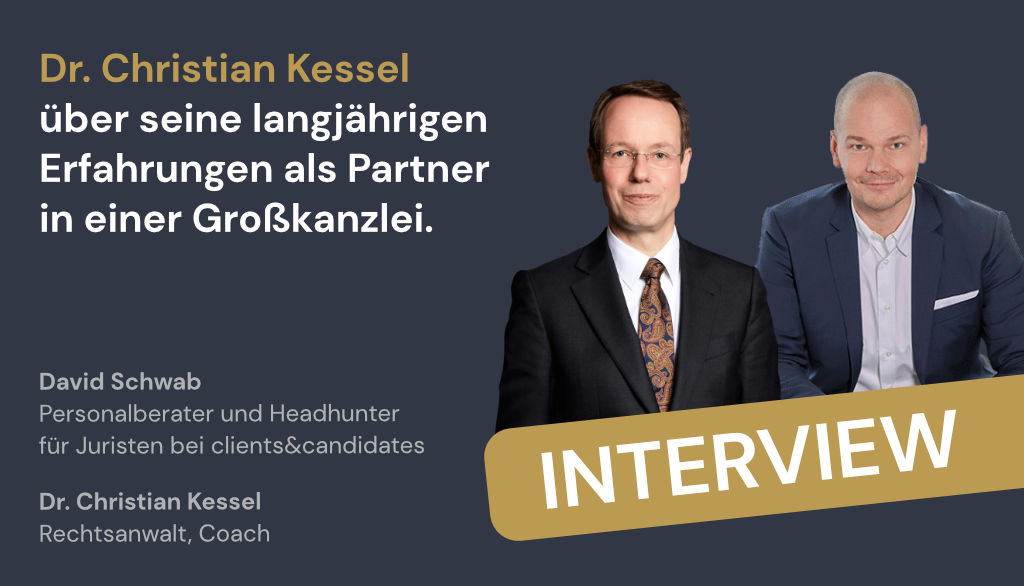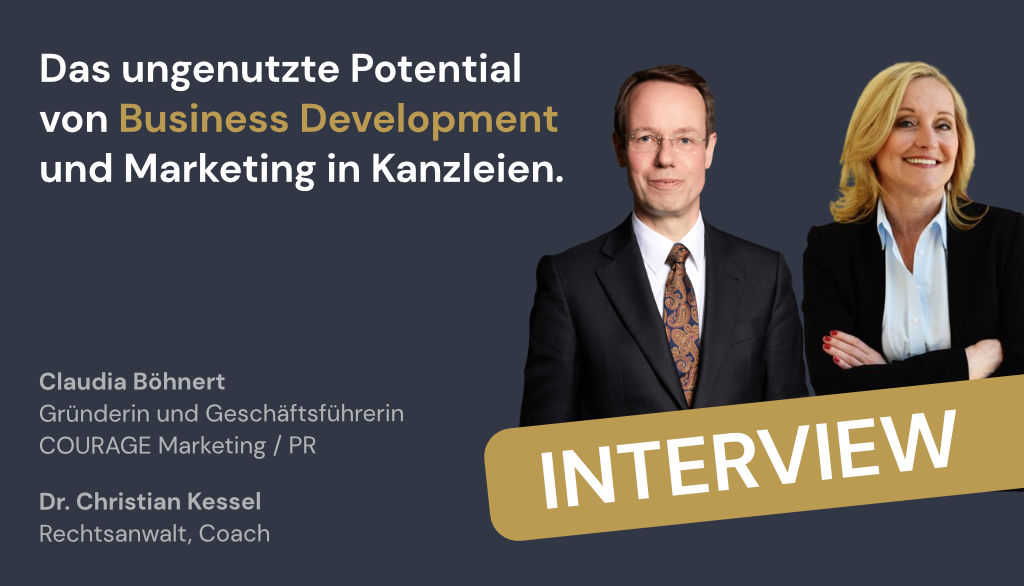How to have powerful conversations that bring in the business
As a coach I have noticed that even with very experienced lawyers and other professionals earlier or later questions like the following arise :
“How do I turn the conversation to Business Development?”
“ How do I ask the client or potential client questions that lead to instructions for me?
Such questions arise in particular at the intersection of social and professional gatherings or occasions for both small talk and professional discussions,from which a conversation regarding business opportunities may arise.
The challenges of talking about business
In these situations it is often a challenge for professionals at all levels of seniority – yes, partners as well! – to lead meaningful conversations regarding
- the target’s business,
- the client’s next instructions, or
- the client’s cross-selling opportunity
on occasions other than a pitch or introductory presentation of themselves, their teams, or their firms.
Many professionals lack the core skills, practical tools, strategies, or confidence to engage easily, authentically, and successfully in such conversations. They therefore often deem them difficult.
It is one thing to be invited to a pitch presentation or to introduce yourself and your team at a formal meeting to the General Counsel or head of the legal department, but it seems to be an entirely different challenge and to require quite different conversational skills to meet for lunch, at a reception, at a conference or seminar, and then turn the conversation from small talk to business development.
There are a few key principles to approach difficult conversations regarding gaining new business or receiving new assignments or instructions. Communication skills can be learned and trained and the ability to handle difficult conversations (or rather conversations which subjectively are perceived as difficult) will improve greatly over time.
And accordingly, you will become more and more confident in managing challenging conversations. Confidence comes from doing and practice makes (near) perfect.
But why do lawyers, tax advisors, accountants, and other professionals find it difficult to speak about business and their personal goal of acquiring a client’s next piece of work or a potential client’s entire portfolio (or a large chunk) of business?
The reasons are manifold. The most obvious are the following, even though they are rarely discussed or addressed:
- Selling yourself or your business is not taught at university or law school or the like.
- Neither is it normally part of any on-the-job training. In particular law firms by and large do not offer sales training and the related conversational skills. At most, they offer some general communication training as part of their soft skills programs
- Many professionals do not sufficiently consider every small talk opportunity to have the potential for business development and therefore neither focus nor train themselves by experience on how to turn any chat into a business development conversation.
The potential is huge for better conversations
But for those who are skilled (naturally or by practice) in meaningful and authentic conversations on business development, who have learned how to build trust for the next professional assignment or who are trained to seize the opportunities in their conversations, the potential for better outcomes is limitless.
On LinkedIn, there was a time when I read plenty of posts and comments with an emphasis on having – only or predominately – conversations with targets or existing clients on personal matters, showing interest beyond the business realm, in them personally, discussing family, sports, travel, hobbies, et cetera. And that is all good and true. But that in itself does not lead to new business for you.
So how do you turn the conversation from these topics or from some initial small talk, your (professional) life story, your target company’s development, or your firm’s history to the real purpose of the meeting (whether you meet for the first time or for the tenth time) — which is getting work for yourself?
Different situations for conversations need to be distinguished.
While the conversation scenarios may be similar, the factual circumstances in which the conversation takes place may differ.
Social occasions
Lunch or dinner appointment
Let’s assume you’re having lunch or perhaps even dinner at a restaurant. You have struck up a very nice conversation and built some rapport over almost any topic of conversation except business.
But of course, the lunch or the dinner are not only for building a relationship and connecting but also for exploring ways to either start a working relationship or for expanding the existing relationship.
So how do turn the conversation to the business angle?
Random meeting at an airport or on the train
You meet a new contact in an airport lounge or on the train and have a cup of coffee together. You have a very pleasant conversation and you have also revealed that you are, for instance, a lawyer. You know your counterpart’s business and company.
How do you now explore whether there is a chance for you to help your new contact and his or her company?
Calling the client — Touching base/ checking in
Calling clients and checking in with them to see how they are doing and how their business is going is one of the most powerful means of fostering and strengthening relationships and getting new work.
It is also a way to demonstrate (continuing) interest in, appreciation of and care for the client and your contact personally.
“Give me all your business ” – wrong phrase but right mindset?
In all these cases you of course cannot simply say: “please give me all your business” even though that may be in the back of your mind, especially if your conversation partner is a representative of the industry sector in which you specialise and for which you are (one of) the market leading professionals.
Incidentally, there’s nothing wrong with the thought “Give me all your business”. This reflects the character of an entrepreneur and a growth mindset as well as some healthy self-confidence. It is also a mindset that may not necessarily require that the business is given to yourself personally but perhaps also to your firm and therefore some other partners.
Your contribution to the discussion is to reflect a genuine interest in helping
The challenge is to find the kind of phrases and wording in your conversation that show a real interest in helping and supporting your contact and his or her company rather than seeming focused on simply getting work for yourself.
Never appear desperate for work
Avoiding the impression that you are only focused on getting new work but instead making sure you are keen on building a long-term professional relationship is easier when you and your team are generally busy. It is more difficult when you do not have enough billable hours.
Therefore, whatever you do never appear desperate for new work!
Do not chase clients or targets to such an extent that they feel bothered.
The fine balance
Thus, there is a fine balance between showing interest and leading the conversation actively toward exploring possibilities of working together (whether for the first time if you talk to a new contact or again when talking with an existing client).
This requires some experience that I have gathered over the years (with many failures or pushbacks) and for which I not only offer examples in my coaching sessions but even simulate such conversations with my clients.
Be flexible, arise to the occasion, and to your conversation partners
Importantly, different personalities need to use slightly different wording, different phrases, different approaches. Often body language and in particular facial expressions in these sensitive moments of turning a conversation towards business and exploring business opportunities may play a role as well. Most importantly, you need to come across authentically as the trustworthy adviser that you are (or grow into).
Successfully steering the conversations
In any of the situations described above you can always ask the people you talk to, for instance, about
- industry trends and what they make of them,
- how their company is doing in the current economic climate,
- what they think how government policies will relate to them,
- how legal developments (new legislation or legal reforms in the legislative pipeline) are likely to affect them,
- whether they are aware of the latest court decision and how it may impact them,
- etc.
Powerful conversations at events (seminars, conferences, etc.)
By effectively working the crowd at a conference, seminar or other event you may maximise the output of your conference attendance.
So, how do you get the most out of attending for instance a conference?
How to effectively network at a conference or other event.
Attending a conference or a seminar, or some other event may serve various purposes. For a young lawyer or a young professional in any profession attending such an event may be useful for receiving training in professional skills or get an overview on industry sector developments and develop their practical knowledge in their chosen field of specialisation.
But once there is a minimum of experience, knowledge or skills, attending such events should serve an additional purpose of greater importance: make contact with other participants, create or enlarge your network, build trust, and steer conversations towards your and your team’s or firm’s capabilities and the services you offer.
And for these purposes, questions, like the following often arise in my coaching sessions:
“How do I start a conversation during a coffee break at a conference?”
“How do I ask for their contact details and even their business card if they don’t volunteer it?”
“How do I disengage at the conference from people if the conversation with them during the coffee break is useless or simply takes too long?”
These questions are not about handling difficult conversations, they are rather all about being prepared for easier and better conversations in situations for which we have not received (much or any) training and to which we are not exposed that often perhaps.
The situations we face at such events are manifold but may be broken down to a few standard occurrences for which appropriate conversational skills are easily at hand.
Why do you attend a conference, seminar, or workshop?
To meet colleagues or partners from your firm and have a “mini-retreat” or reunion of old friends?
This is not a mock question or fantasy but the sheer and bitter reality that I had to observe many times among my peers from my firm. And then they were surprised when they had collected no or only two or three business cards and I went home with eight at the end of an evening event or 12 to 15 at the end of a one-day event.
To learn something new — either in a particular industry sector or on legal developments?
Yes, absolutely, but it is not the main goal.
To build your network?
Yes, totally but not for the pure sake of enlarging your database of contacts but in order to solicit business.
The only relevant and key reason to attend a seminar or conference is to drum up business. And for this reason to strike up meaningful conversations with the other attendees
Getting the business card
If a business card (hard copy or digital) is not offered ( not even reciprocally when you offer yours), just ask for it.
There is nothing wrong with asking. Exchanging contact details is part of the game of attending a professional event.
Carrying on the conversation
Once the contact details have been exchanged how do you carry on the conversation, what do you agree for follow-up, and what do you plan and actually do later as follow-up in order to develop the new contact into a fee-paying client of yours?
Practically, ask the same questions as discussed above for a conversation over lunch.
Additionally, you may wish to expand your conversation by asking whether
- there is a particular reason for attending the conference,
- their focus is on any one or two subjects in the conference program,
- they enjoyed the presentations so far.
Disengagement from unhelpful conversations
Unhelpful discussions are likely to be with those who want free advice, who bother you with a lengthy life story, provide you with every detail of their last victory or defeat (and why the latter was not their own fault) or otherwise steal your time and attention. Meeting your competitors is not so helpful to your Business Development endeavors. All these situations require some good communication skills and managing difficult conversations.
For those who consider disentanglement from unwanted discussions a challenge, here are a few ideas;
- It is okay to explain that you wish to move on and work the room at any event. This is what such events are for.
- Excuse yourself for any plausible reason.
- Engage others in the group you are standing within a conversation.Follow up to any conversations
Relationships need to be developed further. Whether you have met someone for the first time. Or whether you got together with an old friend or acquaintance. Effective and efficient Business Development requires good follow-up addressing the takeaways from the previous meeting.
This is part of the set of skills of a good and successful business developer [ bitte hier den Artikel Succesful Business Developers verlinken]- great and timely follow-up. If you do not build on the gist of your conversation, the whole meeting and discussion was in vain and you will not achieve the success that seemed so close to grab.
What I do when coaching you
So here you have some important points to run with and set your mindset [ hier bitte Business Mindset verlinken]towards the different scenarios in which you may need to switch from small talk to the sales talk.
Again, for me as a coach it is important to find the kind of questions and strategies for my clients at such events taking into account the authenticity and therefore the strengths and weaknesses of my clients.
My coaching also comprises
- sharing own war stories in order to demonstrate how easy it can be even though on the face of it it looks so difficult and challenging;
- increasing my clients’ self-confidence to approach people at all, particularly when they seem to be in a conversation already with others (at an event for instance);
- encouraging clients to be bold and courageous to consider the attendance of any lunch, chance business meeting or event primarily as a business development opportunity and how to put that into practice.
In my conversations training, we simulate a two-way communication where I am the target/client and the coachee is the professional trying to solicit work. It truly is role play and it is good fun. I always give feedback, proposing different techniques, approaches, wordings, or phrases.
Often it is all about asking good questions, listening well, and addressing your partner’s company or personal situation in it, whether in the current or future market or in the changing business environment
The coachee has a chance to enhance his or her skills to deliver a meaningful conversation that is likely to result in his or her engagement.
Some of my coachees consider it as difficult conversation training, for others, it is just getting into or honing communication skills in a particular area of life.
Ultimately it is all about effective communication skills due to a learning experience in a safe environment with me and less trial and error than I had experienced over many years early in my career.
Let’s realize your full potential!
Never be deterred by what you deem challenging conversations. You can easily and quickly acquire the conversational skills and techniques for any event or occasion to walk away with some very positive outcomes.






